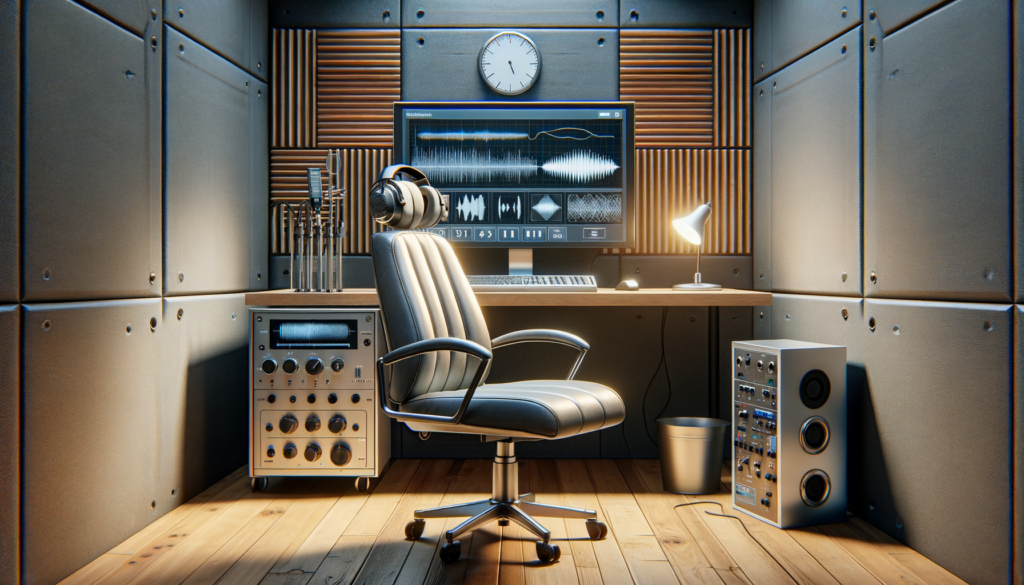The Travel Blog

Listen Up: Why Regular Hearing Tests Are Key to Long-Term Health
Signs You Might Need a Hearing Test Sooner Than You Think
Hearing loss can be a subtle thief, gradually stealing your ability to engage fully with the world around you. Many people don’t realize they have a problem until it becomes significant. Here are some signs that suggest you might need a hearing test sooner rather than later:
- Difficulty in Conversations: If you find yourself frequently asking others to repeat themselves, especially in noisy environments, it might be a sign of hearing loss.
- Volume Increases: A noticeable increase in the volume of your television or radio could indicate that you’re compensating for a hearing deficit.
- Ringing in the Ears: Persistent tinnitus, or ringing in the ears, is often a precursor to hearing loss.
- Social Withdrawal: Avoiding social settings because you struggle to follow conversations can be a red flag.
Recognizing these signs early can lead to timely intervention, which is crucial for maintaining your quality of life. Regular hearing assessments can help you stay ahead of any potential issues.
What to Expect During a Professional Hearing Test
Understanding what happens during a hearing test can alleviate any anxiety you might have. A professional hearing test is a straightforward process designed to evaluate the health of your ears and the extent of any hearing loss. Here’s what you can expect:
- Initial Consultation: Your audiologist will start with a discussion about your medical history and any symptoms you might be experiencing.
- Physical Examination: A visual inspection of your ears will be conducted to check for any physical obstructions or abnormalities.
- Hearing Assessment: The core of the test involves listening to various tones through headphones and signaling when you hear them. This helps determine the quietest sounds you can hear at different pitches.
- Speech Testing: This part assesses your ability to hear and understand speech at different volumes.
The results will be plotted on an audiogram, which your audiologist will interpret to recommend any necessary treatments or interventions. Knowing what to expect can make the process smooth and informative.
The Importance of Regular Hearing Screenings for All Ages
Regular hearing screenings are not just for the elderly; they are essential for people of all ages. Hearing health is a crucial component of overall well-being, and early detection of issues can prevent long-term complications. Here’s why regular screenings matter:
- Early Detection: Identifying hearing loss early allows for timely intervention, which can prevent further deterioration and improve outcomes.
- Quality of Life: Good hearing contributes to better communication, social interactions, and cognitive health.
- Preventive Health: Regular screenings can uncover underlying health issues, such as infections or diseases that might otherwise go unnoticed.
- Adaptation and Support: If hearing aids or other assistive devices are needed, early detection ensures a smoother adaptation process.
Incorporating hearing screenings into your regular health check-ups is a proactive step towards maintaining your overall health and well-being. Whether you’re young or old, keeping an ear on your hearing health is a wise investment in your quality of life.









